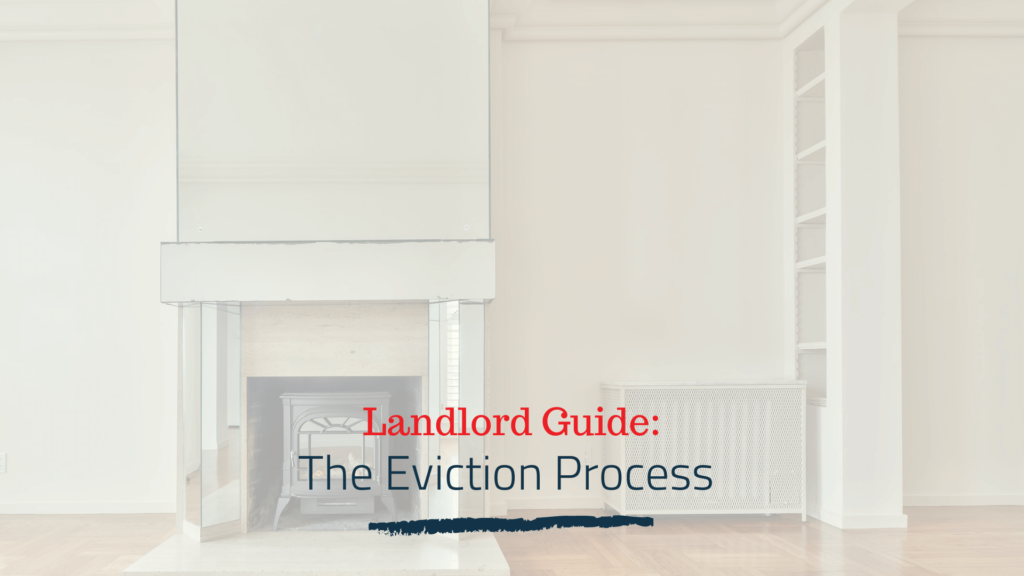
No one likes eviction. Tenants end up without a home and owners end up with a loss of revenue and time. It’s an emotional, time consuming process that can be difficult to navigate, especially if you don’t know the laws well. We always recommend trying to come to some resolution before you get to court. Try to get the tenants to move out of the home if they’re not willing or unable to pay.
If you’re at the point where you need to evict, it probably means that your tenant has been impossible to work with and you cannot move forward with the lease agreement. While we believe in working things out, we also know you can’t wait too long. Be prompt and consistent with your lease agreement.
Just Cause Evictions in Arcadia
With California’s just cause eviction laws, you need to make sure you have a valid reason for evicting your tenant. The most common reasons you will be able to legally evict a tenant are:
- Nonpayment of rent.
- Violation of the lease agreement.
- Illegal or criminal activities at the property.
Most of the landlords we help are evicting their tenants because of nonpayment of rent. Things are currently a bit complicated due to the pandemic, which has led to a nationwide halt on evictions that are related to the financial fallout from the virus.
COVID and the Eviction Moratorium
A lot of residents are struggling financially due to the pandemic. While many people are going back to work and the economy is beginning to rebound, there is still a huge financial impact. You may not be able to evict a tenant who is late with rental payments due to this disaster.
That doesn’t mean tenants get a break from paying rent. Your tenants are still responsible for paying what they owe, even if they can’t pay all of it right now. We recommend you work with your residents and try to find some common ground. Consider partial payments and payment arrangements. Having some revenue is better than no revenue.
Typical Eviction Process: Serve a Three Day Notice to Pay or Quit
Review your lease agreement before you make any moves to evict your tenant. Check your rent collection policy, which should include information on late fees, grace periods, and the consequences of unpaid rent.
Once the rent is officially late, you should contact your tenant to find out what happened. If it’s an otherwise good and responsible resident, it could be a simple case of a forgotten payment. Or, the tenant could be facing a temporary cash flow issue and may ask for a couple of days to come up with the rent that’s due.
Whatever you hear or don’t hear from your tenant, go ahead and serve a Three Day Notice to Pay or Quit. Do this even if you agree to accept the rent later because it will keep the process moving if your tenant doesn’t hold up his or her part of the bargain.
The Three Day Notice gives your tenant three business days to pay the rent or move out of the property. We have found that most tenants will catch up with the payment before the end of the three days. If not, you’ll have to move onto the next step.
Filing an Unlawful Detainer Lawsuit
After the three business days pass and you still haven’t received rent, it’s time to file for an eviction in court. The legal term for this action is unlawful detainer.
File the required paperwork with the court and pay the clerk the fee. At this point, you’ll receive a court date and your tenants will be served with a Summons and Complaint. In a best case scenario, your tenants will come up with the rent and the eviction will be called off. Or, they’ll move out of the property and you can get possession back.
If the eviction goes all the way to court, you may be required to attempt mediation. Eventually, when you can prove that rent has not been paid, you’ll get a judgment and a Writ of Possession.
 There are a lot of variables in the eviction process. That’s why it’s so important to consult an Arcadia professional property manager and/or an attorney. If you’d like some help with this process or anything pertaining to Arcadia property management, please contact us at ZenPro Property Management.
There are a lot of variables in the eviction process. That’s why it’s so important to consult an Arcadia professional property manager and/or an attorney. If you’d like some help with this process or anything pertaining to Arcadia property management, please contact us at ZenPro Property Management.
